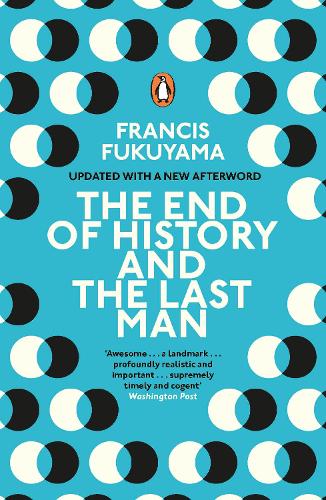The book's argument is timeless and highly relevant today. It provides a deep dive into the nature of human progress and the end of ideological struggle.
Tom Stafford's review on Substack emphasizes the timeless nature of Fukuyama's argument, noting its continued relevance in today's world. Stafford appreciates the book's deep exploration of human progress and the end of ideological struggle, finding it particularly insightful in the context of current global politics. The review highlights how Fukuyama's ideas resonate with contemporary issues, making the book a must-read for understanding the complexities of modern society. Stafford's analysis suggests that the book's insights are as crucial now as they were when it was first published.
Quick quotes
Francis Fukuyama's book is over 30 years old, but the argument he makes has never been more relevant.
It provides a deep dive into the nature of human progress and the end of ideological struggle.
The book's insights are as crucial now as they were when it was first published.
